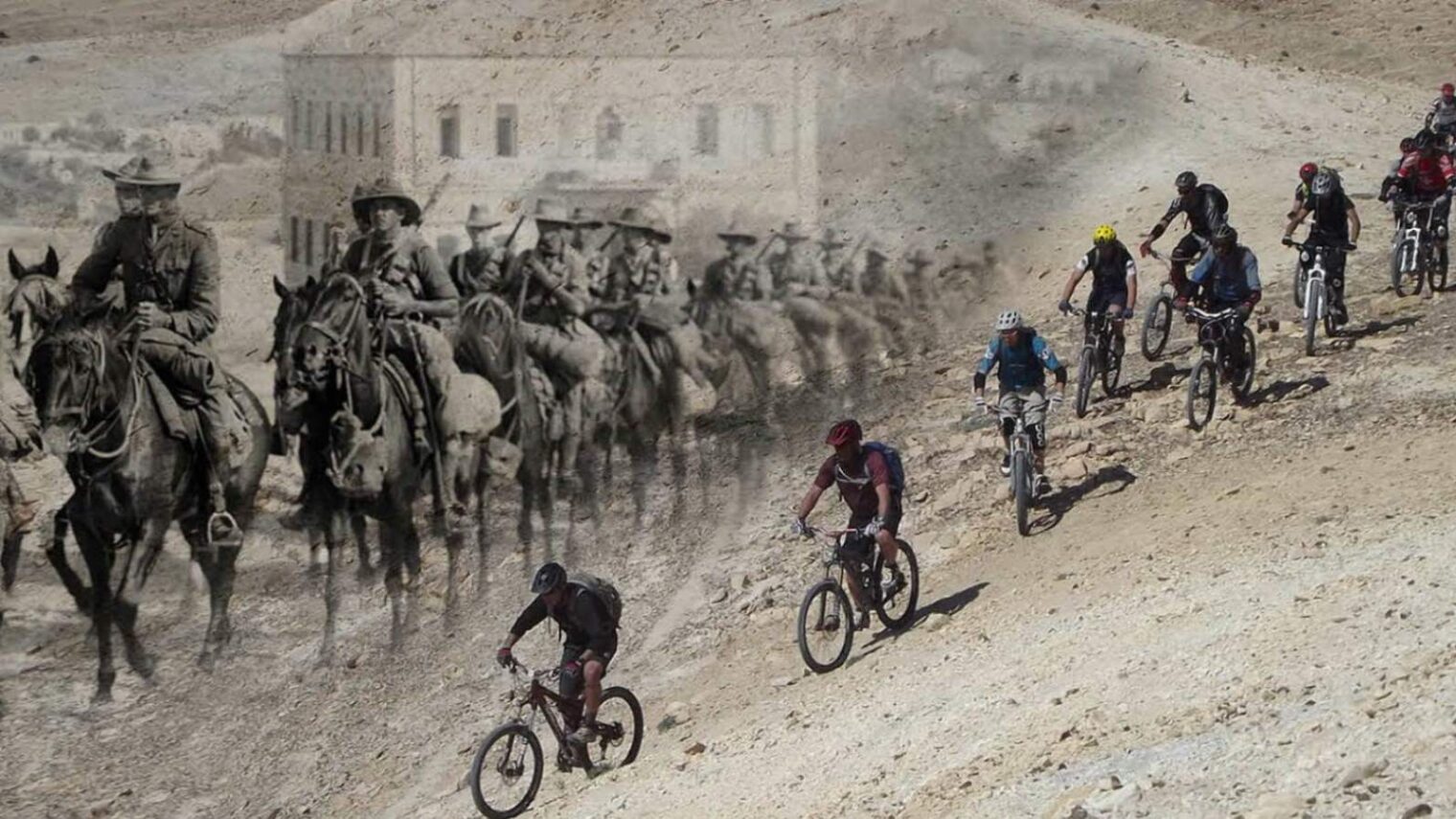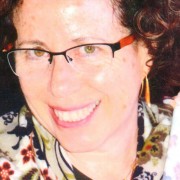There will be mountain bikes instead of mounted horses, and riders for peace instead of soldiers, but the pride Australians and New Zealanders feel for the Desert Mounted Corps (DMC) remains true.
This October, to mark the Centennial of the Battle of Beersheva, an intrepid group of Australians and New Zealanders will ride 100 kilometers in the footsteps – or more accurately, the hoofprints – of a battle that involved what war historians consider the last of the great cavalry charges.
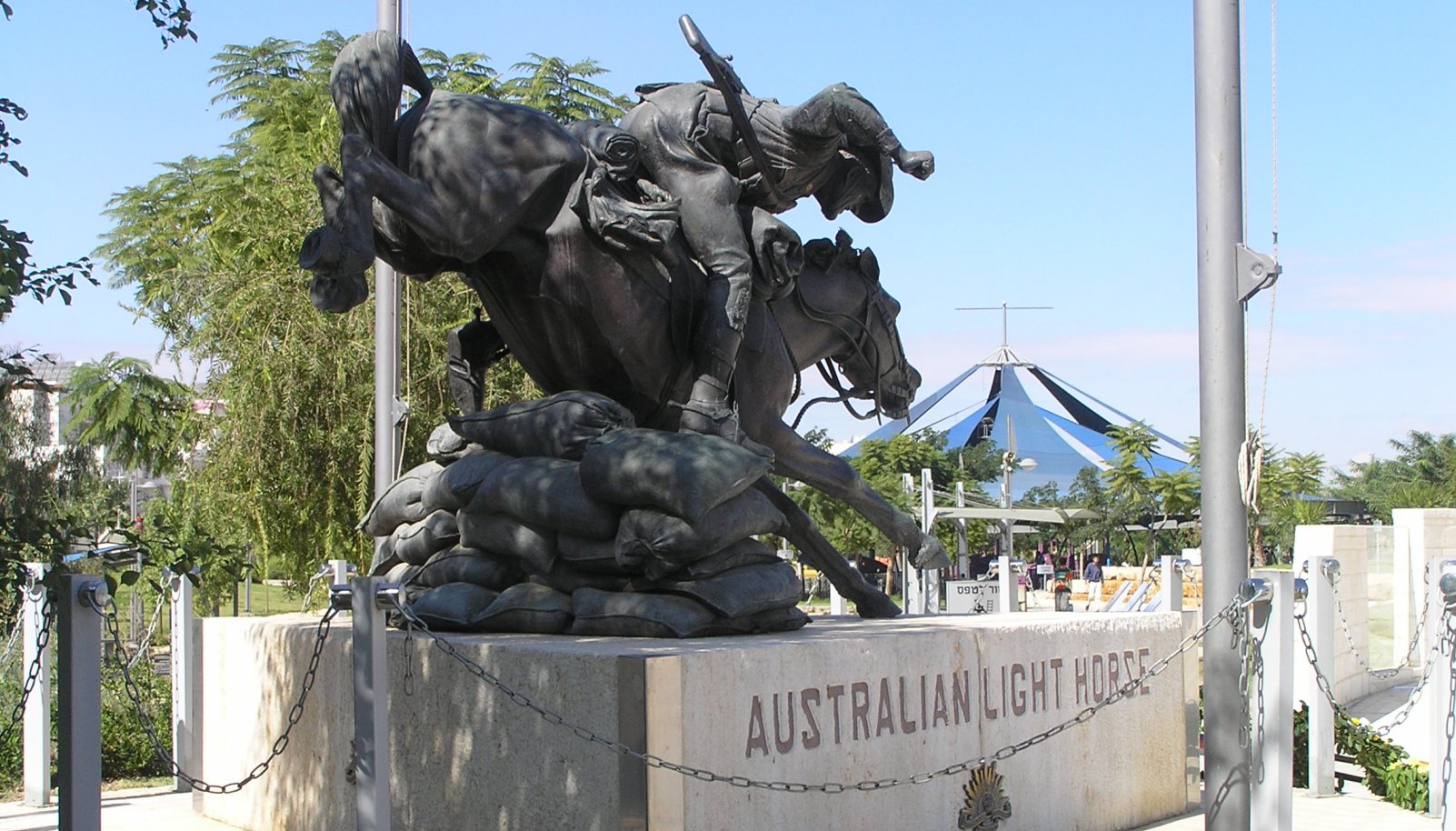
The DMC was an army corps of the British Army during the First World War that comprised the ANZAC Mounted Division, the Australian Mounted Division and the Yeomanry Mounted Division. (These were later joined by Indian cavalry and a small French cavalry detachment.)
The DMC’s first operation was the Battle of Beersheva, fought on October 31, 1917, when the British Egyptian Expeditionary Force (EEF), commanded by General Edmund Allenby, attacked and captured the Ottoman Turkish Yildirim Army Group garrison at Beersheva. The DMC launched successful limited attacks in the morning by infantry and yeomanry divisions, followed by a series of attacks by the ANZAC Mounted Division that resulted in the capture of the eastern side of the Negev city.
Late in the afternoon, the 4th Australian Light Horse Brigade — bayonets in hand and rifles slung across their backs — broke through two lines of trenches to enter the town in the last of history’s great cavalry charges.
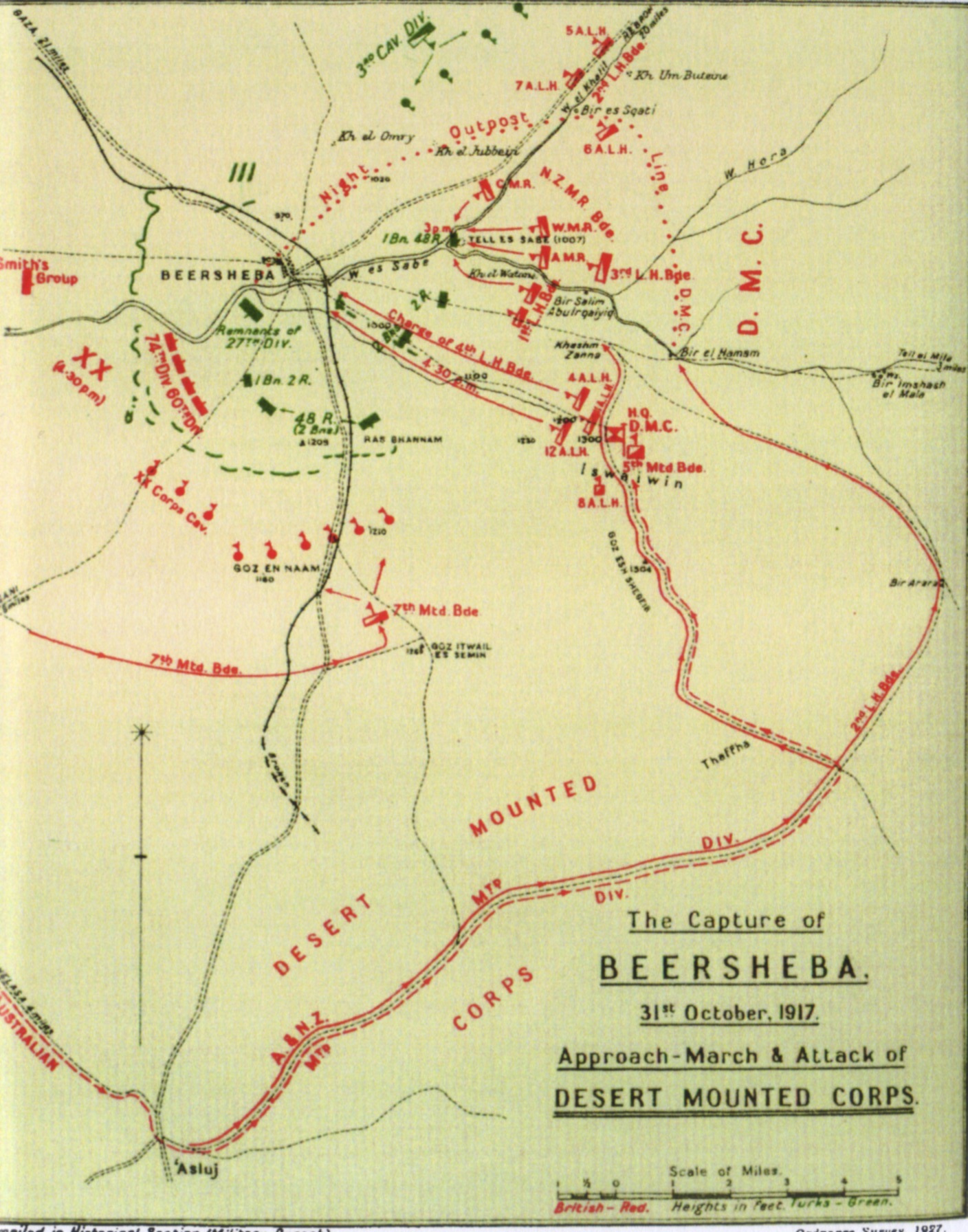
The unusual decision to charge from east to west, into the setting sun – meaning both horse and rider were essentially riding blind – is also considered important as the element of surprise may have been a contributing factor to the ANZAC success.
The battle was the beginning of an offensive that would result in the capture of Jerusalem by the British Empire forces in December 1917, putting an end to Ottoman Empire rule.
To mark the centenary, there will be a series of events including a reenactment of the horseback charge as well as special ceremonies sponsored by the Israeli, Australian and New Zealand governments.
These include the Ride Like an ANZAC tour that will start at the ANZAC memorial near Kibbutz Beeri and end at Beersheva Park. Organizers report that some 120 riders from Israel, Australia, New Zealand, Great Britain – including a few Bedouins – have already signed up.
Organized by two nonprofit organizations – Budo For Peace’s Kids Kicking Cancer project and SHEKEL – each rider will commit to raising funds. Budo for Peace uses traditional martial arts to connect and bring together children and youth. Kids Kicking Cancer teaches martial arts mind-body techniques to empower children to manage the pain and stress of illness. SHEKEL integrates people with special needs in the community.
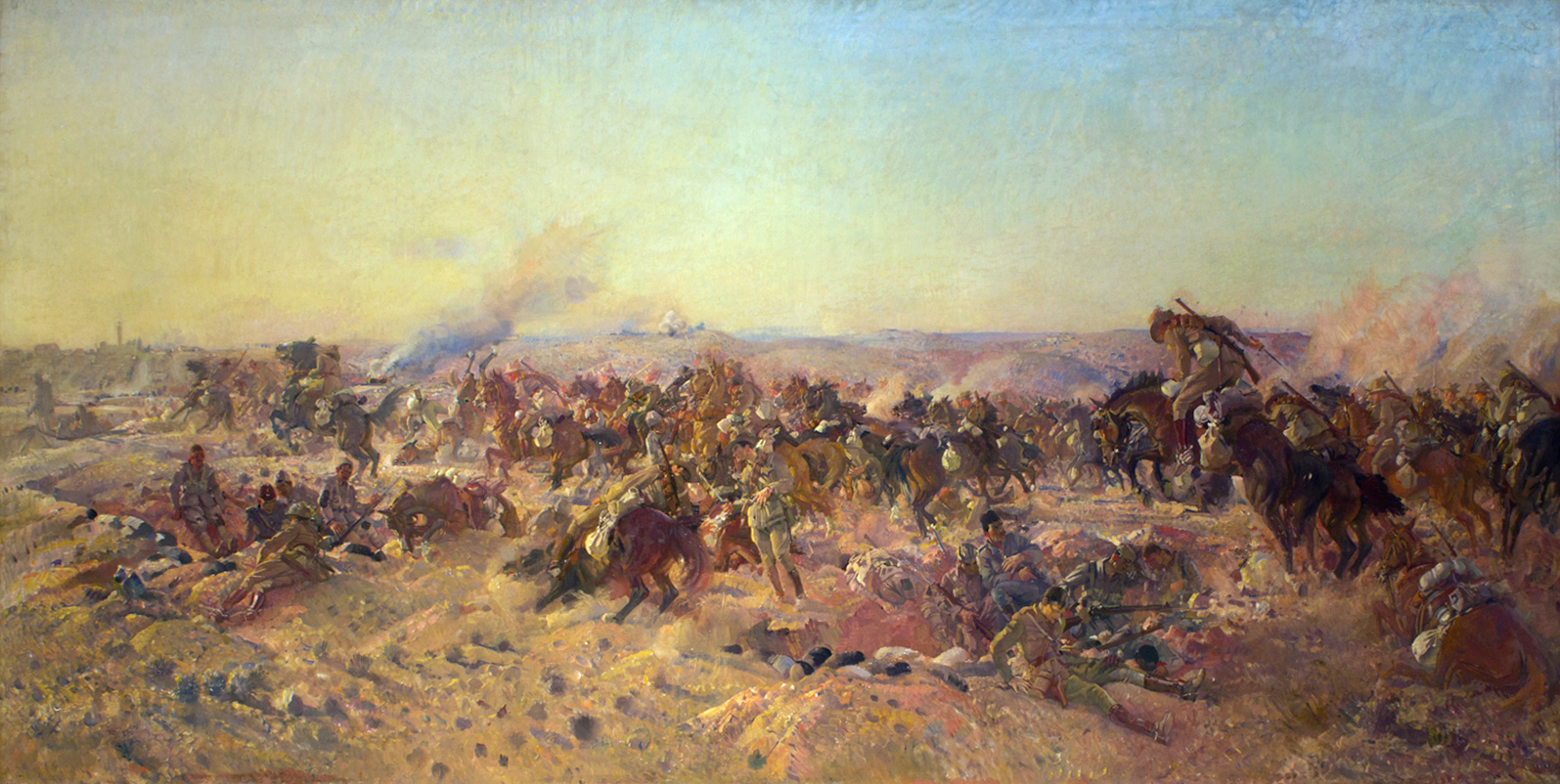
“Most Israelis have never heard of the ANZACs while for us Australians it’s very significant ride into history,” says Dan Hakim, Australian-born chairman of Kids Kicking Cancer and founder of Budo for Peace.
Hakim adds that a new museum dedicated to the 1917 ANZAC Battle will open its doors as part of the celebrations.
Ride Like an ANZAC is scheduled for October 30-31, 2017, and offers three tour packages, ranging from a two-day 100-kilometer ride that includes overnight accommodation and a festive dinner, to shorter rides with family-friendly and special-needs options.
For more information, click here.




